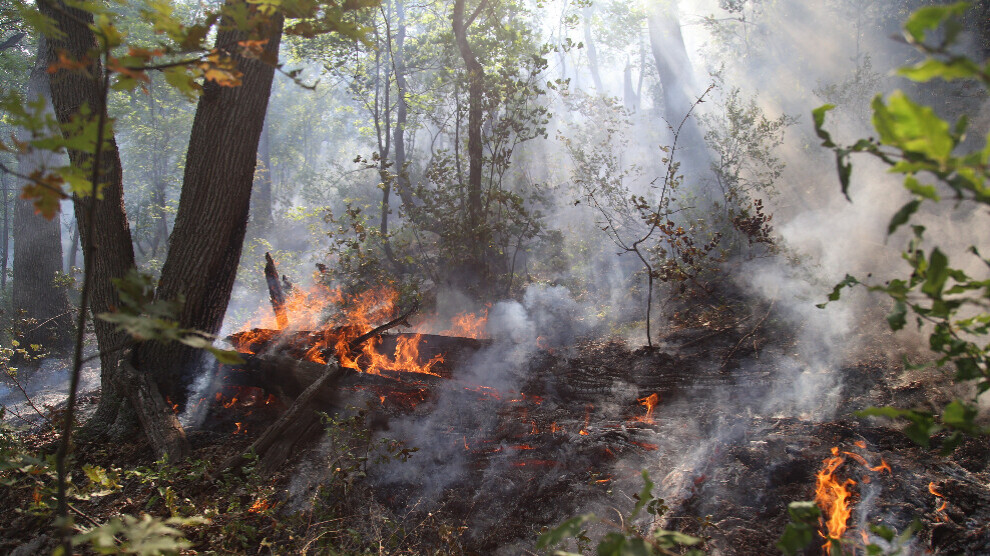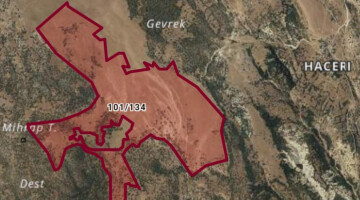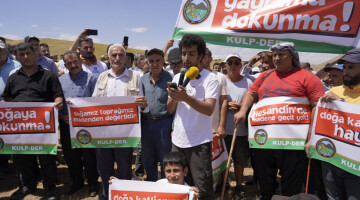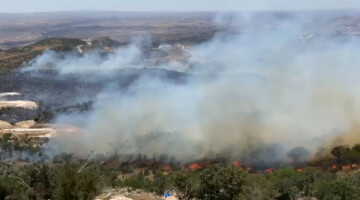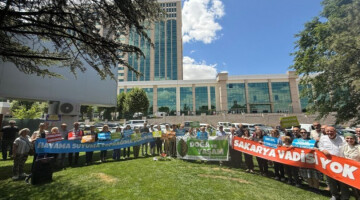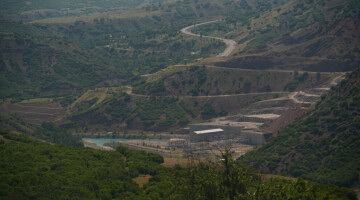Since the 1990s, forests in Kurdistan have been systematically burned down by the Turkish state. Flora and fauna are destroyed, often villages in rural areas are threatened by forest fires. Attempts by local residents to extinguish fires are usually stopped by the military. Most recently, forests have been set on fire in the Kurdish provinces of Dersim, Bingöl, Şirnak, Hakkari and Bitlis. In some places the forests are still burning. Firefighting teams set up by the population on their own initiative are being held up by the state.
Speaking to ANF about the forest fires, environmental activist Vahap Işıklı points out that the fires in Kurdistan are not getting a fraction of the public attention as the fires in western Turkey. He is convinced that the devastating fires in western Turkey are a result of the climate disaster. Even data collected by NASA showed that it was not individual arson, he said. While volunteer firefighting teams have been allowed in western Turkey, the same commitment is banned in the Kurdish provinces, and has been for many years. "In Kurdistan, the issue is arson; the fires do not break out on their own. For many years, military posts have been set up on the affected land after slash-and-burn operations. This also explains why firefighting operations are not allowed. The fires in these areas are not even mentioned in the Forest Service statements. This also makes a significant difference. The fires in this region are related to the Kurdish issue; behind the fires in the west is mostly greed for profit."
Işıklı also points out that it is not about forest fires: "For example, in the Cudi Mountains, 400 tons of wood are cleared every day even without fire. On Mount Namaz, 150 tons of trees are cut down a day. In the course of cross-border military operations, 128 villages have been depopulated in southern Kurdistan. There, too, nature has been exploited. If we add the dams and hydroelectric power plants in the region, it becomes clear how people are intended to be displaced. With supposed security arguments, the people are not allowed to intervene themselves and to take action against it."

